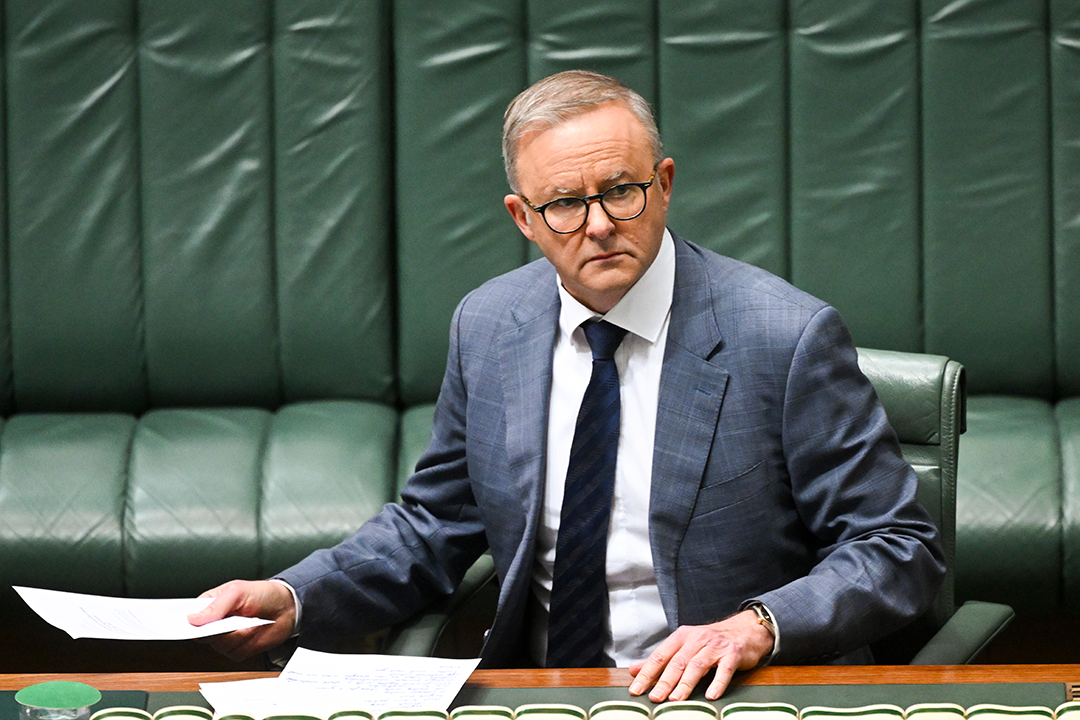
1. Regulation coming for BNPL
Investors in buy now pay later businesses have to be worried about their stock prices, considering the reaction from RateCity. This is the guts of their media release: “The new Treasury paper released by Financial Services Minister Stephen Jones today outlines three options for regulatory intervention of the buy now, pay later (BNPL) sector:
Option 1: develop a mandatory industry-specific code without the need for an Australian Credit Licence.
Option 2: bring the BNPL sector under the Credit Act but applies a more moderate set of responsible lending obligations.
Option 3: brings the BNPL sector under the Credit Act and applies similar rules as those for credit cards and other loan products.
RateCity.com.au believes the regulation must require providers to carry out a proper assessment of a person’s ability to repay not just the credit they’re applying for, but all existing debts they have access to, including other BNPL accounts.
BNPL providers must also be required to report defaults to the credit bureaus to give providers a more comprehensive picture of a person’s ability to repay their debts on time.
Option 3 is the clearest choice to achieve this. Option two may also be suitable if the obligations ensured providers check a person’s existing debts. Any exemptions provided under option two would need to be scrutinised carefully to make sure they did not become loopholes.”
Change is definitely on the way!
2. The big picture now
This was CommSec’s Craig James take on the big issues in markets as of Monday. There were two key developments last week:
1. US Federal Reserve presidents have turned “hawkish” (favouring higher interest rates to combat inflation). While this may just be jawboning or “open mouth operations” (OMO) to drive down inflation expectations, there is still scope for further significant rate hikes in the months ahead. Higher interest rates are likely to lead to less spending and slower economic activity, crimping demand for energy and transport commodities such as oil.
The second factor last week was news of an increase of Chinese Covid-19 cases, raising worries about future fuel demand. In fact, current demand is falling faster than OPEC+ production cuts. But the move will be short-lived if OPEC+ decides on larger supply cuts when it meets on December 5.
Over the week oil prices fell sharply – good news for inflation, the cost of living and consumer spending, but bad news for energy producers. Last week energy sector shares fell by 1.3 per cent while the ASX 200 and All Ordinaries indexes were broadly flat.”
3. Why stock markets were negative overnight
“Stocks fell Monday in a volatile session to start a short trading week due to the Thanksgiving holiday,” CNBC reported. “Fears that China may again ramp up Covid restrictions after reporting deaths from the virus weighed on markets, sending energy stocks and oil prices lower. Traders also looked for further signals from the Federal Reserve about future interest rate hikes.” This adds a bit more to the picture drawn by Craig James.
4. Old world impresses young investors
The AFR explains how the recent fallout for stocks has influenced millennial investors in particular. “Online share trading start-up Pearler has added $500 million in investor assets to its platform in less than two years in a feat its founders say partly reflects the enduring lure of the Australian Securities Exchange’s old-school system of beneficial ownership,” writes Aleks Vickovich. “Data supplied by Pearler and verified by its underlying institutional broker Open markets suggested the platform now administers half a billion dollars in investments on behalf of about 65,000 mostly Millennial and Generation Z customers.”
Interestingly, Vickovich points out: “Pearler opened its doors in February last year, billing itself as an “anti-Robinhood” because of its refusal to include features that incentivise short-term trading behaviour, popularised by the infamous US app Robinhood.”
5. Albo’s Burke has a small business problem
The Australian tells us: “More than 56,000 small and medium businesses could be hit with “industrial mayhem” under Anthony Albanese’s workplace shake-up, the Coalition has warned, as key crossbench senator David Pocock pushes the government to widen multi-employer bargaining exemptions.”
The Coalition wants the employee threshold for the new IR bill’s changes raised from 15 to 200, with some experts arguing that the government’s legislation will create huge problems for SMEs.
“Workplace Relations Minister Tony Burke is under renewed pressure from crossbenchers to split the Secure Jobs, Better Pay bill or protect small businesses with more than 15 employees from industrial disputes and multi-employer bargaining if it wants legislation to pass the Senate before Christmas,” The Oz reports.